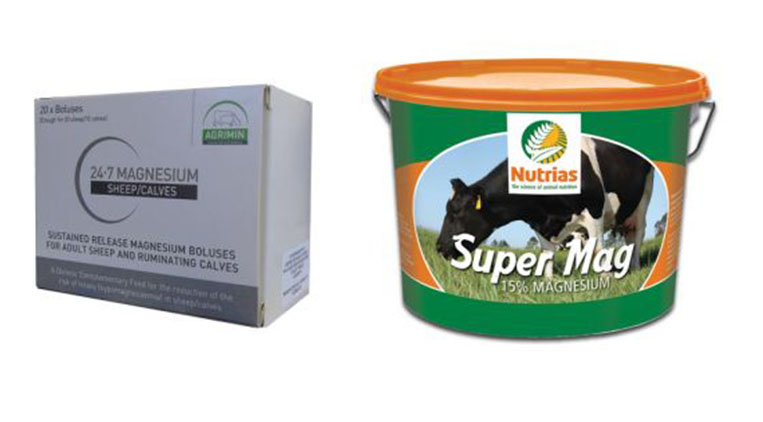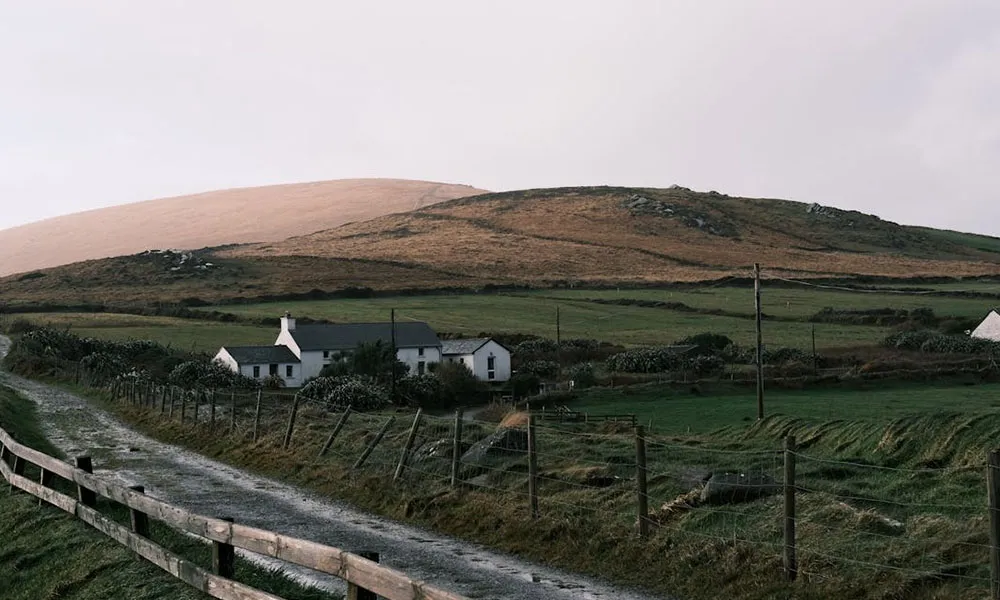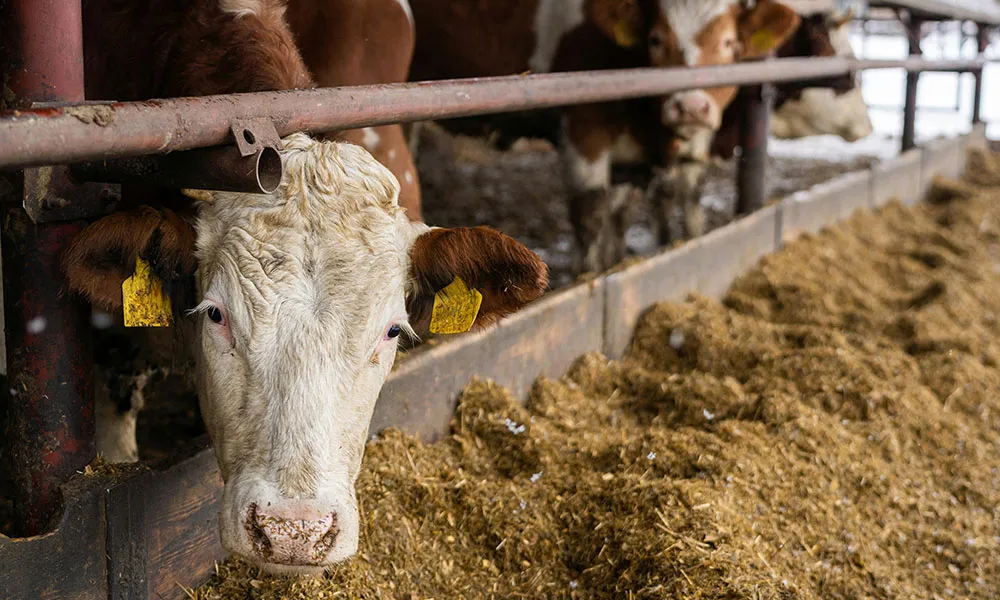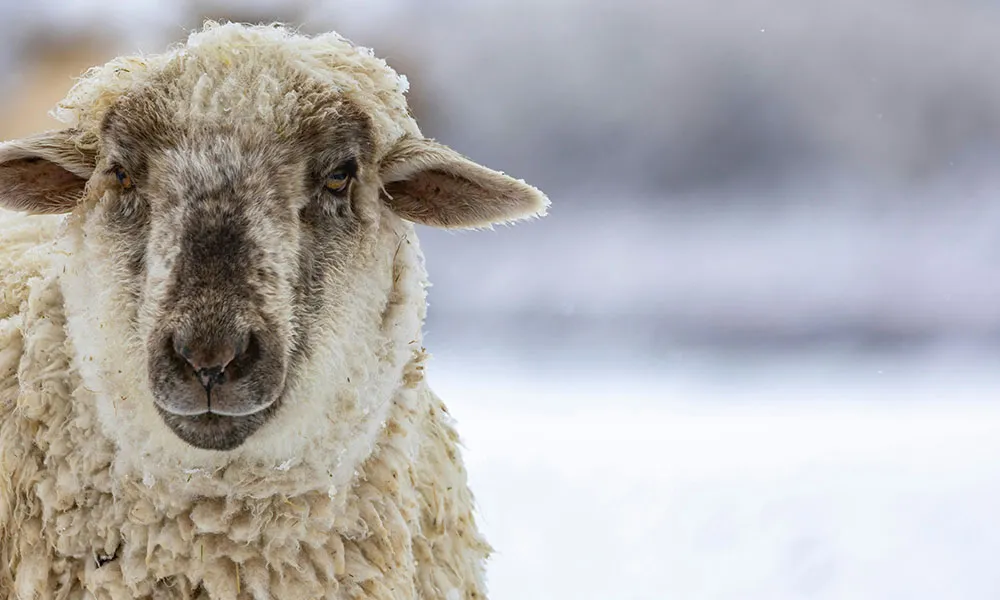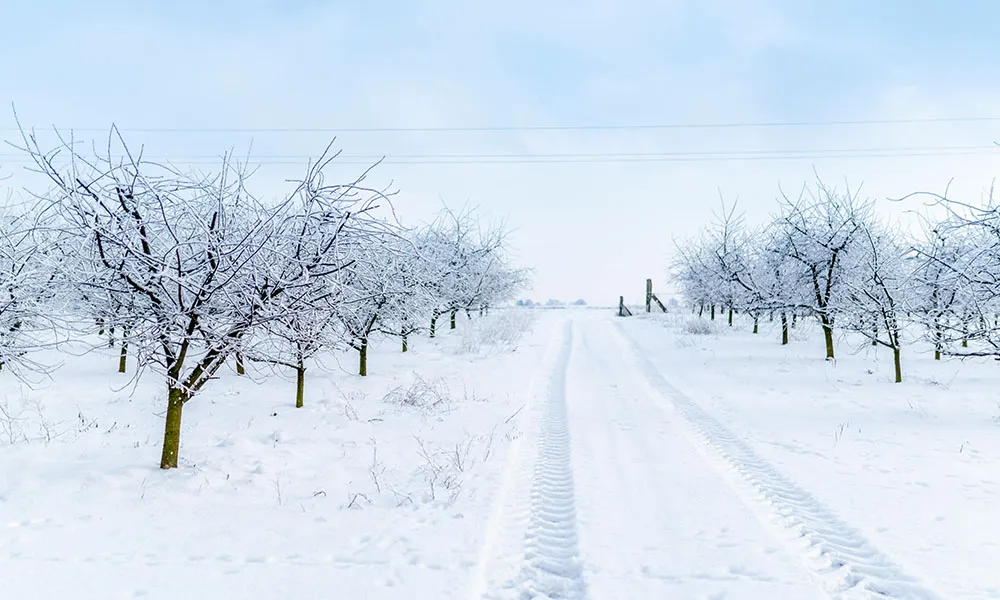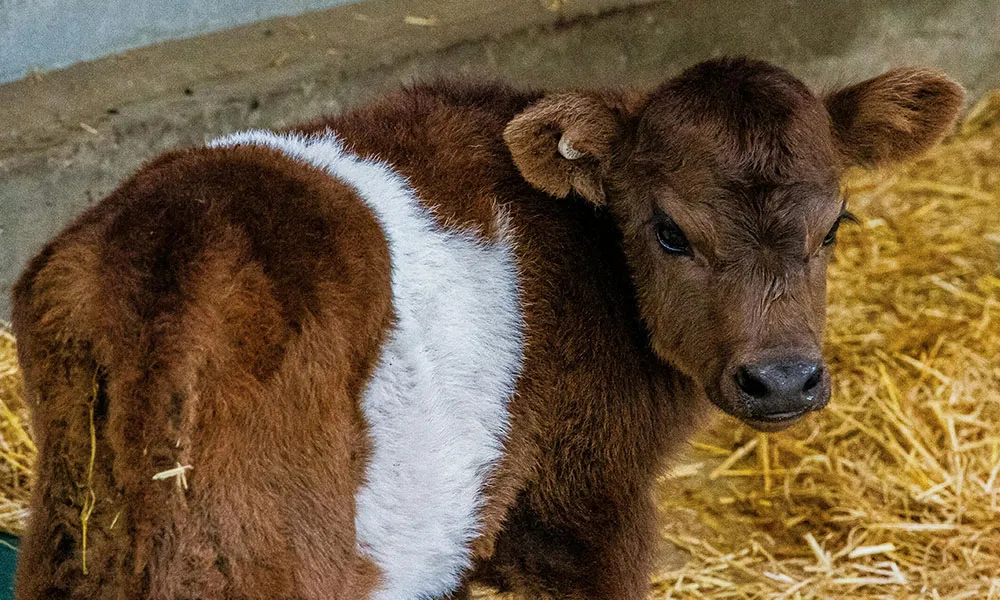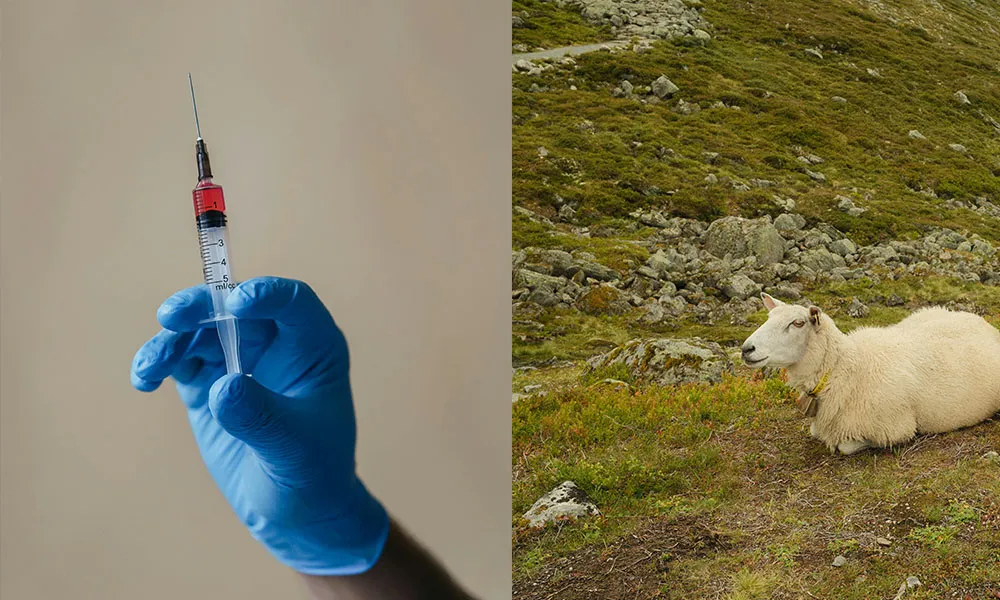
Animals grazing on autumn after-grass are at high risk of developing grass tetany. This metabolic disease, caused by a lack of magnesium in the blood, is a scourge on Irish farms and has extremely high mortality rates. Fortunately, there are effective and easy ways of keeping grass tetany at bay.
Here are 3 great ways of preventing your livestock from developing grass tetany over the coming weeks:
Hay or straw
This is certainly the most cost-effective approach to tetany prevention. Giving grazing animals access to a bale of hay or straw should be an essential part of your tetany prevention plan for the autumn months. Eating hay or straw will increase the fibre content in your animals’ diet, and this improves the rumen’s ability to absorb key nutrients – including magnesium – from grass.
However, there is a potential snag in this approach. Not all animals will choose to eat hay or straw when there is an abundance of fresh grass available!
Bucket Licks
Bucket licks are a great way to make sure that your cows are receiving adequate minerals and trace elements, including magnesium, in their diet. Among these, Super Mag 15% and Herdminder are the best if you are worried about tetany. Super Mag, in particular, is a safe bet. It contains a wide range of minerals and trace elements, but its primary appeal is the high level of magnesium it contains (15%).
If you can get your cattle to use the lick, the danger of tetany will be seriously diminished. Unfortunately, in much the same way as feeding hay to prevent tetany, there are no guarantees that all animals will take to the bucket lick.
Boluses
A lot of farmers prefer to administer a magnesium bolus at this time of year. Here at Agridirect, we sell a range of boluses that are purpose-designed to prevent the onset of grass tetany. Among these Agrimin’s 24/7 Magnesium Bullets have a great reputation, containing 86% magnesium and providing a slow release over an extended period of time.
Opti-Mag 3 boluses are another safe bet. Each of these bullets contains 100g of magnesium, which will be enough to see an animal safely to housing day.




